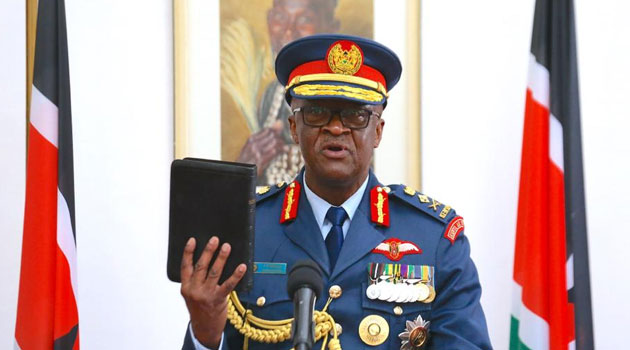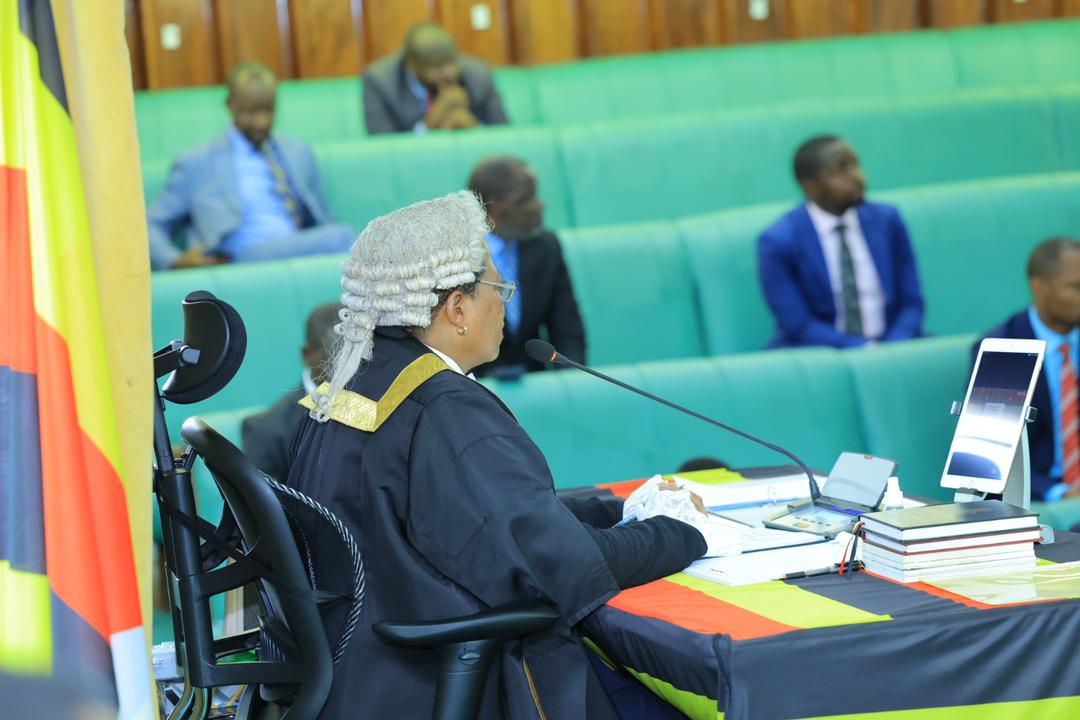Coronavirus declared a global health emergency by World Health Organization
The World Health Organization (WHO) has declared the coronavirus outbreak a global health emergency.
The deadly virus that started in the Chinese province of Wuhan in December last year had claimed lives of 170 people inside China with 7,711 confirmed cases confirmed worldwide as of Thursday, January 30, 2020.
Keep Reading
- > Rev Can Ateirweho lists priorities as he starts work as Bunyoro Kitara Bishop
- > Liberty pays shs100m in life insurance claim to Kalangala family
- > Uganda Charts Course for Sustainable Growth with National Development Plan
- > Speaker Among calls for guidelines to streamline transportation of school children
According to the WHO, 98 cases in 18 countries outside China had been confirmed by the same time on Thursday but with no deaths.
WHO leadership met in Geneva on Thursday afternoon where they declared the coronavirus as a global health emergency of international concern.
While addressing the press shortly after the meeting, WHO Director Tedros Adhanom said the resolution came after concerns that the virus might upsurge into a much bigger outbreak if not contained.
Adhanom said that the WHO was much more concerned with the possibility of the virus spreading into low developed countries that might not have the necessary health systems to deal with it.
He said, “The main reason for this declaration is not because of what is happening in China. Our greatest concern is the potential of the virus to spread to countries with weaker health systems and which are ill-prepared to deal with it.”
Adhanom however commended authorities in China for taking ‘extraordinary measures’ in order to contain the virus. He emphasized that the decision was not a vote of no confidence in China’s capabilities to handle the matter.
WHAT THE DECISION MEANS
According to WHO, a global/public health emergency is declared when an event constitutes an extraordinary public health risk to other countries or states and therefore need to come up with a coordinated international response.
Following the declaration, WHO will now be able to support lower and middle income countries in order to help them strengthen surveillance while looking out for symptoms of the coronavirus.
WHO had earlier announced that some countries, mostly those that are low and middle-income states had responded to the outbreak with ‘unprecedented’ and doubtable measures which put their citizens at risk.
This will not be the first time that an outbreak is declared a global/public health emergency.
The swine flu outbreak in 2009 that claimed lives of 200,000 people world wide, Polio outbreak in 2014, Zika outbreak in 2016 and the Ebola 2014 and 2019 outbreak in West Africa were also declared as conditions of global public health emergencies by WHO.
CURRENT SITUATION IN CHINA
According to BBC, The coronavirus has now been confirmed in every region of mainland China with the central province of Hubei and Wuhan being on lockdown.
Numerous public transportation systems and multinational companies have also been locked down in bid to contain the spread.
A number of international airlines have also sized down or stopped flights to China with neighbors, Kenya airways being the notable few that were yet to call off flights to and fro China by Thursday evening.
Several countries such as the USA, Japan among others also chartered planes and evacuated thousands of their citizens who were stranded in Wuhan.
The evacuated citizens will however be quarantined for at least two weeks to look out for any symptoms of the virus.
HOW UGANDA HAS RESPONDED
According to the Uganda deputy head of mission in China Henry Mayega, Uganda has no evacuation plans because the process is costly.
Uganda has at least 400 students in China with about 67 of those being stranded in Wuhan, the epicenter of the outbreak.
These have been advised to follow guidelines from the Chinese authorities in China.
Uganda has also advised those that are in China to delay their return to the country while Ugandans who wanted to travel to China have also been stopped until the situation is controlled.
Uganda has also strengthened checks at the Entebbe International Airport and all border points in order to contain the virus.

















